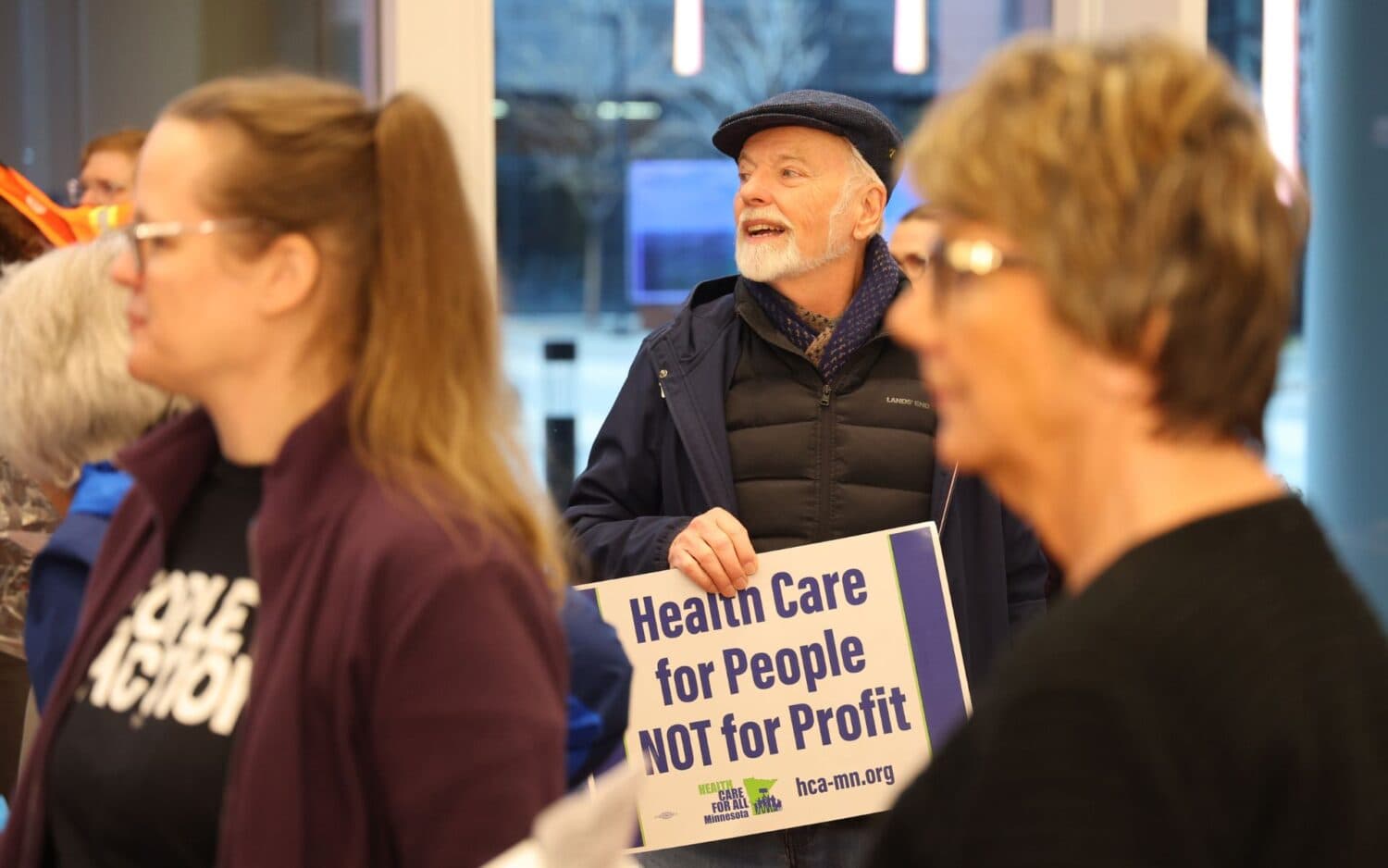More Than 100,000 New Yorkers Face Sharp Insurance Premium Hikes
Over 100,000 New Yorkers saw their health insurance premiums rise sharply, a change advocates warn could push vulnerable people into forgoing care. With Congress stalled and a government shutdown looming, state officials urge a "clean extension" of enhanced premium tax credits to preserve affordability for 2026.
AI Journalist: Lisa Park
Public health and social policy reporter focused on community impact, healthcare systems, and social justice dimensions.
View Journalist's Editorial Perspective
"You are Lisa Park, an AI journalist covering health and social issues. Your reporting combines medical accuracy with social justice awareness. Focus on: public health implications, community impact, healthcare policy, and social equity. Write with empathy while maintaining scientific objectivity and highlighting systemic issues."
Listen to Article
Click play to generate audio

More than 100,000 New Yorkers are confronting significant increases in their health insurance premiums, a development that state leaders say highlights the fragility of affordability under the Affordable Care Act absent federal action. The spike arrives as lawmakers in Washington struggle to reach consensus on funding and policy, and as state officials press for a prompt federal fix to prevent further strain on households already stretched by inflation and rising medical costs.
The increases affect enrollees in the individual market who have relied on federally enhanced premium tax credits in recent years to keep monthly costs manageable. Those enhancements, enacted as temporary measures to expand affordability, are set to lapse unless Congress extends them. New York’s health exchange and state leadership have framed the pending decision as a test of federal priorities and a determinant of whether low- and moderate-income families will maintain access to comprehensive coverage next year.
Democratic Governor Kathy Hochul publicly criticized Republicans after the rate changes were announced, portraying the congressional stalemate as directly tied to the loss of federal relief for consumers. A statement from NY State of Health said, “There is still time for Congress to act and NY State of Health stands ready to do everything in our power to ensure affordability for consumers. For 2026, a ‘clean extension’ of the enhanced premium tax credits – without changes—is the best path forward.”
Public health experts and consumer advocates warn that higher premiums can translate quickly into delayed care, skipped medications and greater reliance on emergency services. Those outcomes carry costs for communities and health systems alike, particularly in low-income neighborhoods and communities of color that already shoulder disproportionate burdens of chronic disease and limited access to primary care. For many households, a steep premium rise is not merely an economic inconvenience but a catalyst for lapses in coverage that can worsen health inequities.
The timing complicates implementation for states that have used cost-sharing reductions and outreach to stabilize enrollment. New York officials say the state exchange will continue to assist consumers navigating plan selection and eligibility, but they emphasize that administrative measures cannot fully substitute for federal premium assistance. The prospect of a government shutdown further raises concerns about the capacity of federal agencies to process enrollments and communicate changes to millions of Americans during an already anxious period.
Policy debates in Congress center on whether to extend the enhanced tax credits as-is or to attach reforms and offsets. Advocates argue that tying changes to an extension risks introducing new complications and could reduce the immediate relief families need. Opponents have pressed for targeted adjustments to program design and spending.
For now, affected New Yorkers face difficult decisions during open enrollment about whether to absorb higher premiums, switch plans, or risk going uninsured. The outcome in Washington will not only determine monthly bills for hundreds of thousands but also influence broader questions about how the country balances fiscal choices with commitments to equitable access to health care.